Mexico (Baja California)
“Together we can make a significant impact in the fight against shark fishing and their declining populations.”
Barcelona’s Regina Domingo has always had a passion for sharks and other marine species. Sharks play a critical role in the ecosystem by maintaining the balance of species below them in the food chain. They help remove the weak and the sick, as well as keep the balance amongst other ocean predators, ensuring species diversity.
That’s why the biodiversity-loving activist founded the Nakawe Project to help save their dwindling populations. The international marine conservation NGO works to protect and regulate sharks and other threatened marine species in Mexico, Costa Rica and Spain. The name comes from Regina’s time diving and sailing in research boats in the most remote places of Latin America. Fishermen would call her ‘Nakawe’ after the earth goddess from Latin American Huichol mythology. “I thought it was the perfect name for the project.”
Actually, ‘Regina’ is Spanish for ‘Queen’, so you could say she’s queen of the sharks.
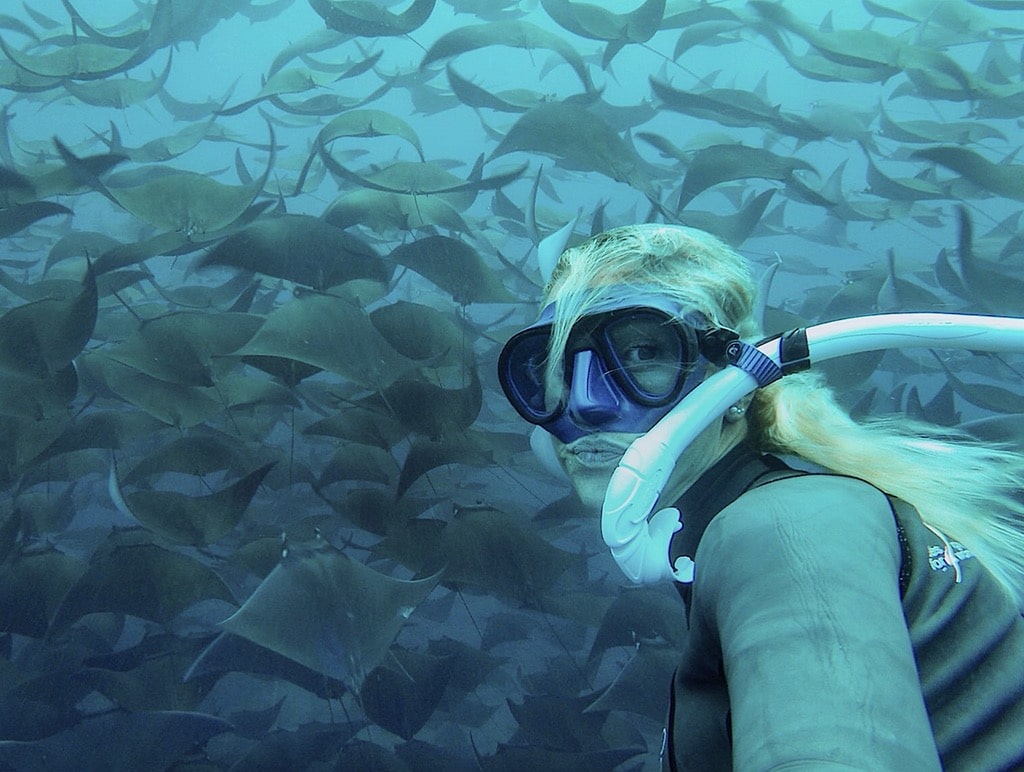
Educated by a father who had a great connection to nature and the ocean, Regina’s life took a 180 degree turn in 2010. After volunteering at the The Foundation for the Conservation and Recovery of Marine Animals (CRAM) in Barcelona, she decided she wanted to see with her own eyes what was happening with shark fishing around the world.
She instantly fell in love with Isla del Coco in Costa Rica. The name ‘Island of the coconut’ is fitting for the lush world heritage site. One of the most privileged natural places in the world, it just happens to be one of the places with the most iconic hammerhead sharks. They prefer warmer waters, which is why they inhabit the coast and waters of Costa Rica and the Pacific Ocean. They also travel in ‘schools’, which is highly unusual for most types of sharks. However, Isla de Coco also a place that suffers the most from overfishing, so it’s a challenging mission.
“I saw the beauty of these animals, I felt the energy under the water – stingrays interacting with sharks, dolphins and biodiversity. That gave me the courage to start this NGO in 2014.”
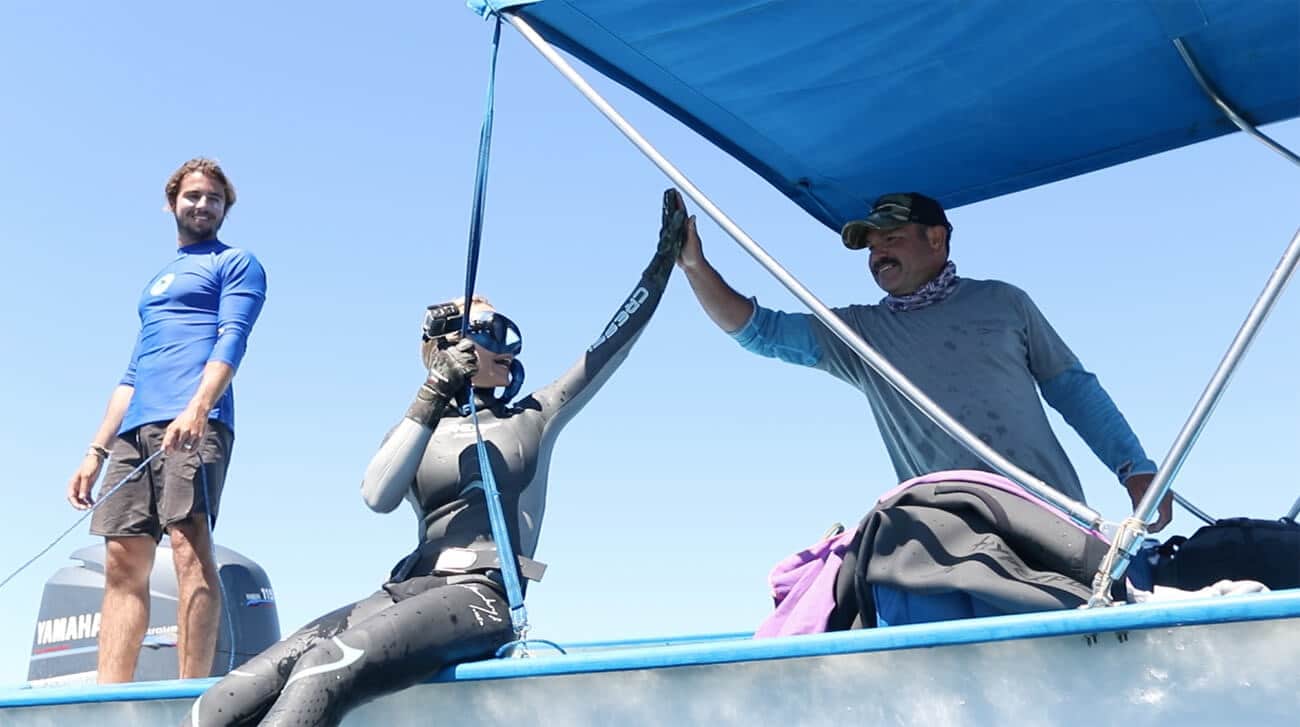
There she has been able to observe two alarming indicators of the extinction of the hammerhead shark: that the number in ports has decreased by 95% and that the sharks caught are getting smaller. “We are extracting resources without stopping, and those resources do not have time to reproduce.”
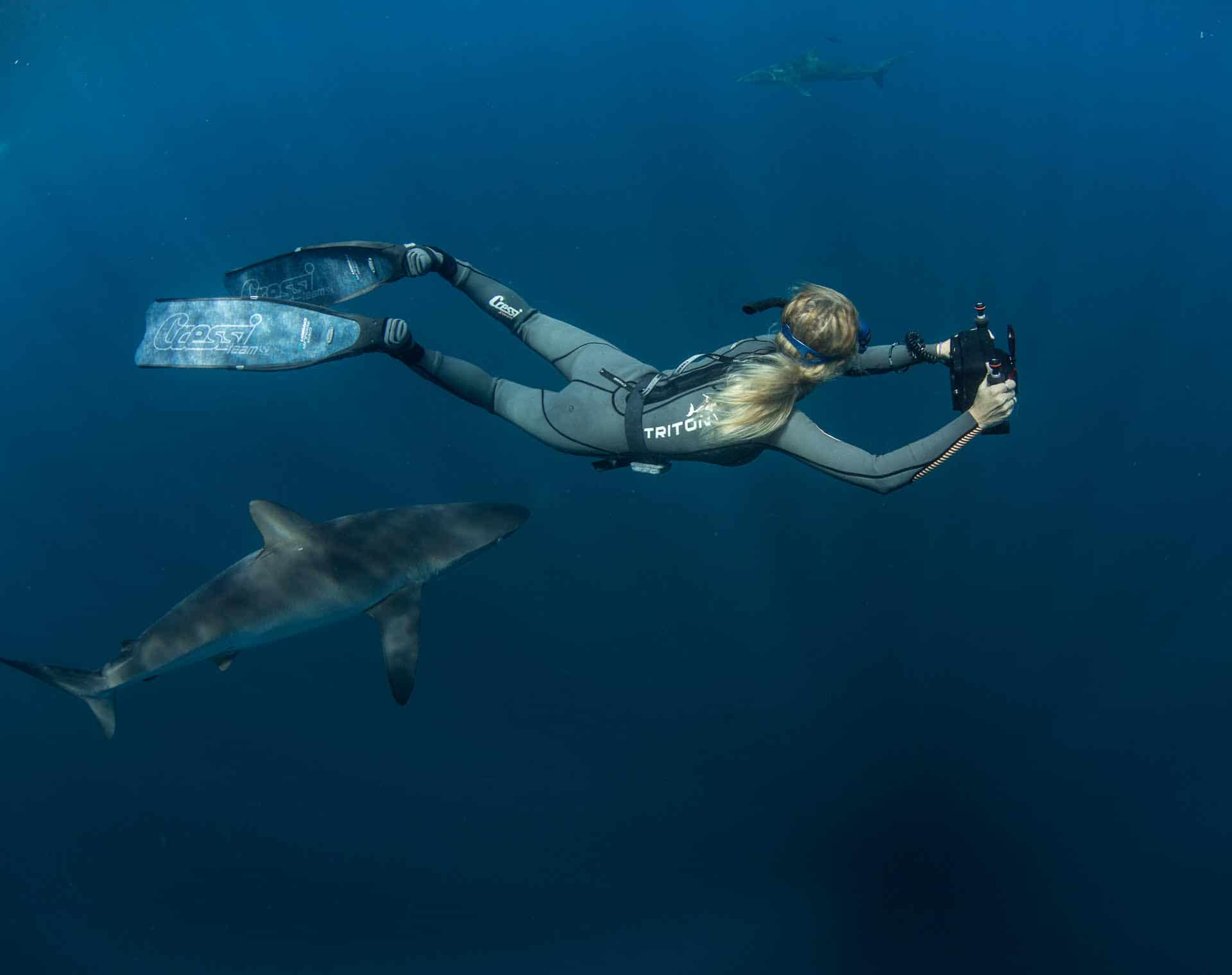
Nakawe Project stresses the importance of consumer awareness. Regina emphasises that when we go to the supermarket or fishmongers, we must know what we are buying, where it comes from and what type of fishing has been used. “We must prioritise the consumption of local and seasonal species, which reproduce quickly, over those with short lives or those which are small in their adult life.” This is how we can avoid the consumption of predators and pelagic fish, which break the balance of the ecosystem.
“It is super important to know what we are eating. When we see ambiguous, generic names, ask. And when in doubt, don’t eat it!”
Between 2017 and 2019, with the research carried out in Baja California, the team obtained data that showed the commercialisation of a variety of species under the common name of dogfish, which also exceeded the legal limits in the average concentration of mercury. They also discovered that often mako sharks are sold under the misleading titles of ‘white fish’ or ‘fish and chips’.
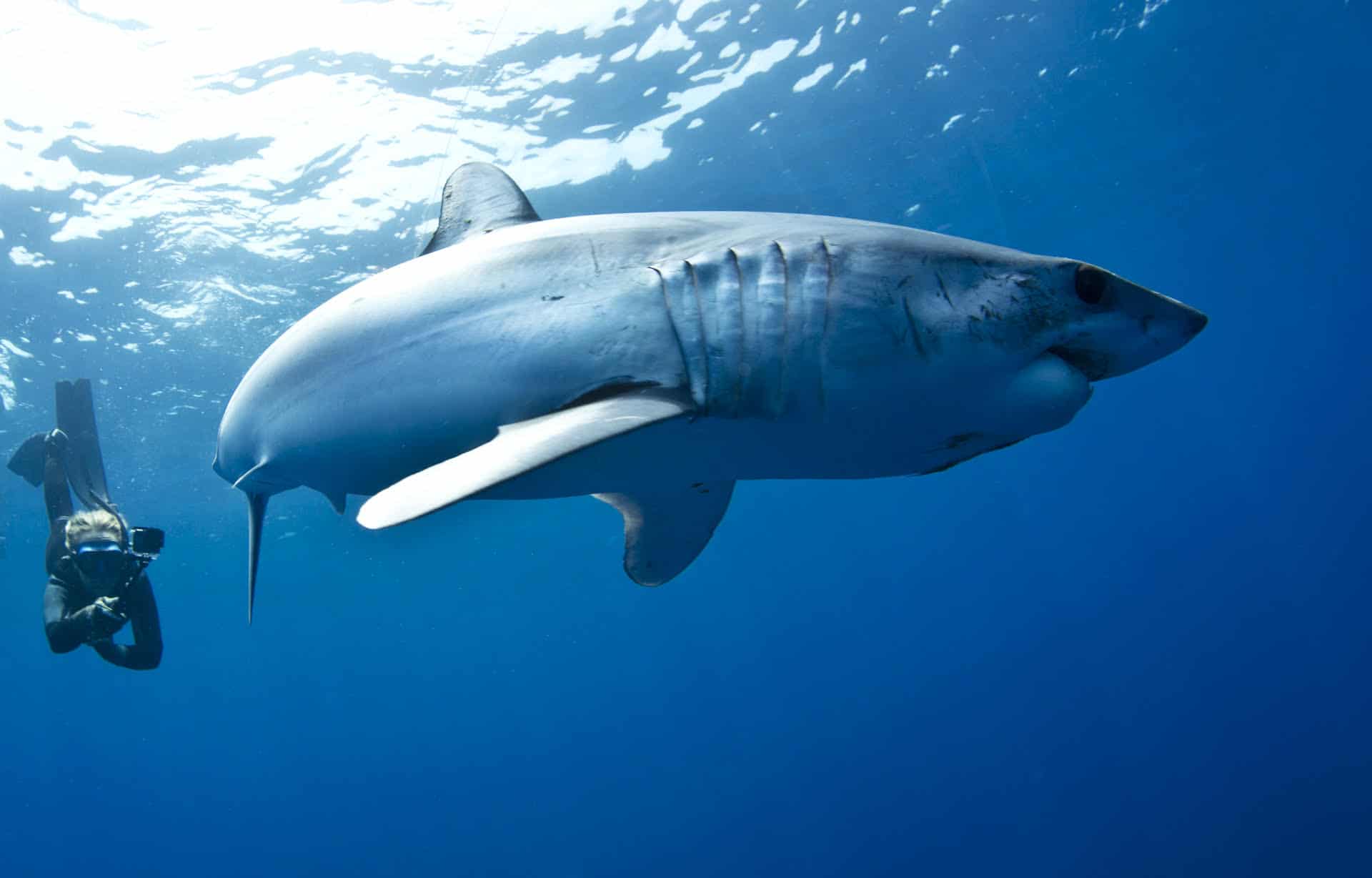
Spain ranks first in the European Union in shark fishing. It is consumed and exported, but the consumption status of the mako shark and the blue shark are those that worry the Nakawe Project most. They plan to spend the three years 2020-2023 focused on reducing the number of supermarkets that are selling these species in Spain.
“We want to carry out a project very similar to the one in Mexico, where research allows us to know from their DNA, where they are fished from, what is really being sold, how much mercury they have, where and how it is being distributing to generate an impact campaign so that citizens decide not to buy blue shark, blue shark, shortfin mako or mako for ecological and health reasons.”
Regina believes that the solution won’t only be found in international politics or research, but that there must also be a change in consumption, values and education. She does see a positive change in the shift in fishing to more adult species that are not threatened. The plan now is to focus on reaching more places and more more species (like marlins or cetaceans) and solutions.
With the conservation campaign and documentary Game Over Fishing, (directed by Regina, featuring leading ocean biologist Sylvia Earle and with the producers of Blue Planet and Planet Earth), the Nakawe Project aims to stop the unsustainable, unmanaged harvesting of shark species all over the world.
The Nakawe Project also offers sea safaris: Nakawe Experiences support the blue economy and awareness, because what greater impact than swimming among these species in the deep sea?
“One of the most incredible moments that Mother Nature and the universe have given me was to freedive in a school of mackerel, while marlin and sea lions were eating. Each of the species respected their turn to eat, sharing the ocean with you – and giving you permission to be a spectator. It is the ocean in all its intensity. You can see the food chain as they share a bait ball that is moving at super fast speeds and the teamwork of the sardines, which are protected in a ball formation.
“The marlin also has the ability to change colour. When they get excited hunting they change their skin colour in a second to black and electric blue stripes. It’s one of the most beautiful things I have seen in nature. I came out of the water crying, not believing what I had just experienced.
“Swimming makes you feel part of the sea. It makes you see that there is so much that we do not know and how the sea gives us more sensations, so that we continue protecting, knowing, exploring, loving and inspiring more people. ”
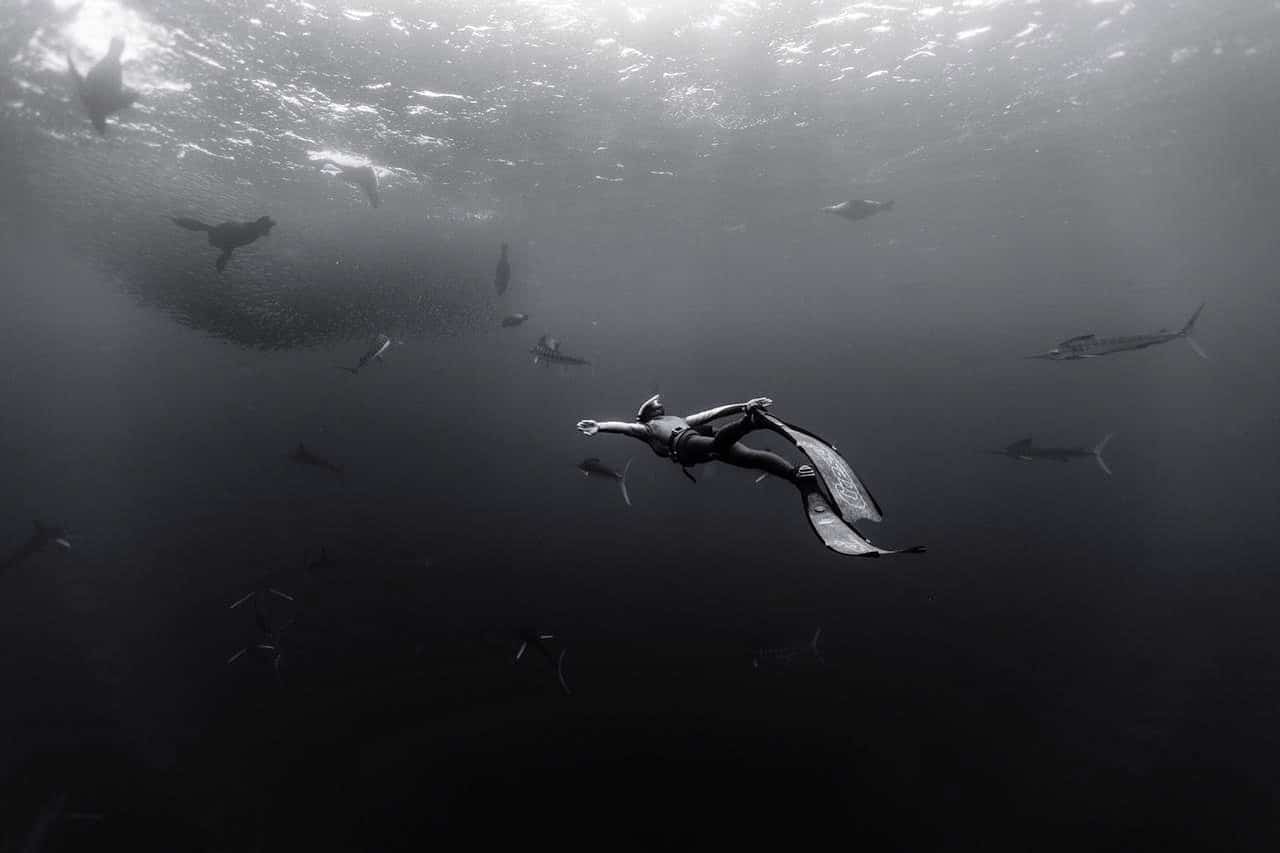
AtlasAction: Support Nakawe Project here and follow Nakawe Project on Instagram to stay up to date with all their projects and initiatives.
Project leader
Regina Domingo
Support the Atlas
We want the Atlas of the Future media platform and our event to be available to everybody, everywhere for free – always. Fancy helping us spread stories of hope and optimism to create a better tomorrow? For those able, we'd be grateful for any donation.
- Please support the Atlas here
- Thank you!
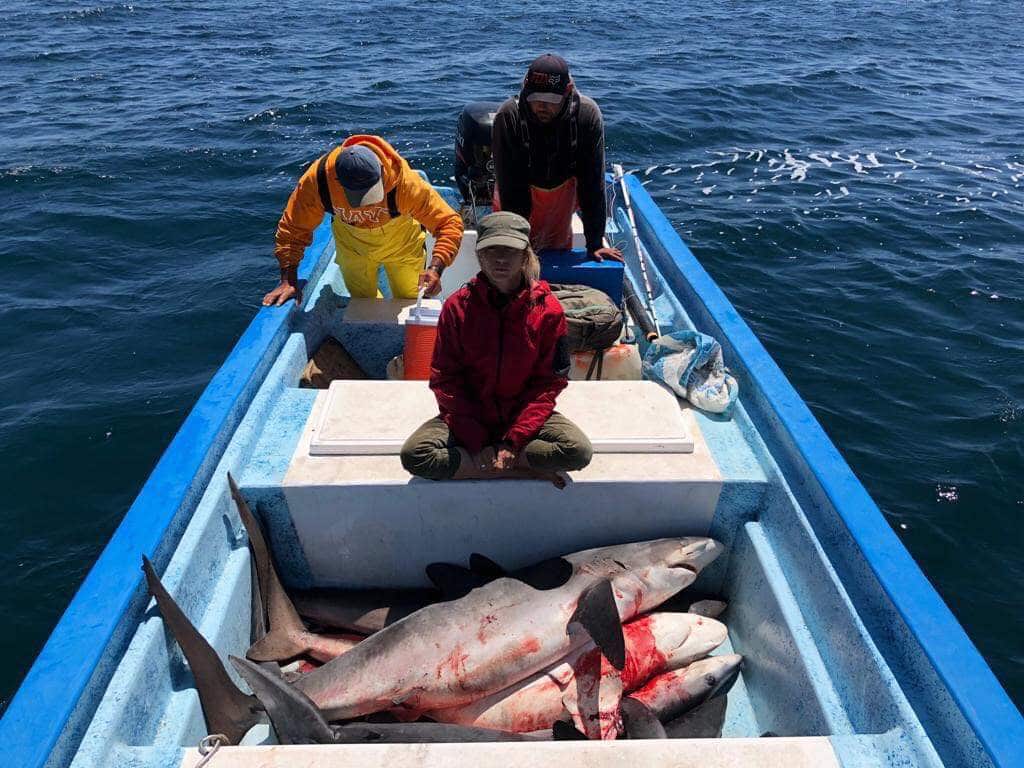
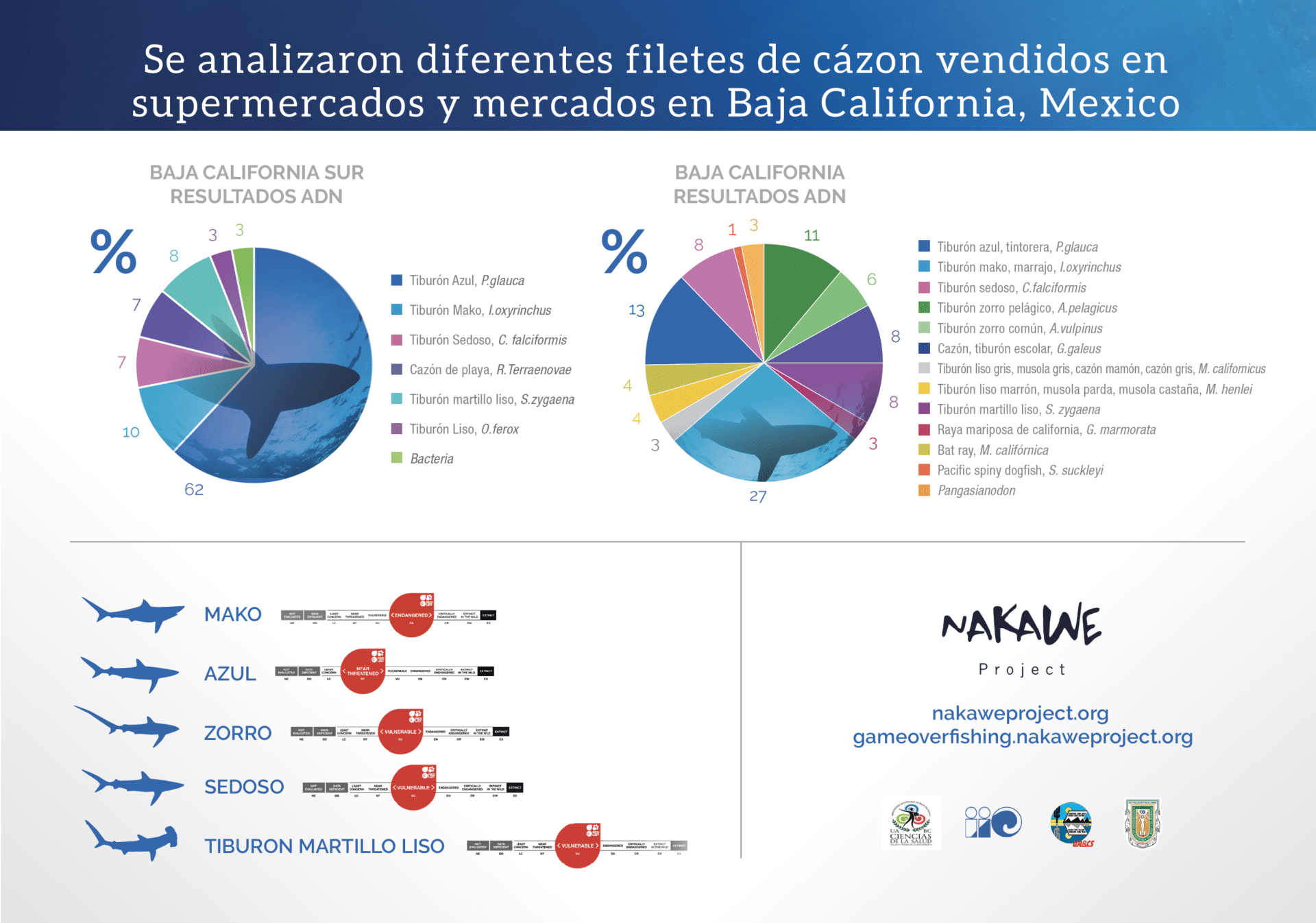
Results from research carried out in Baja California

Photo: David Valencia
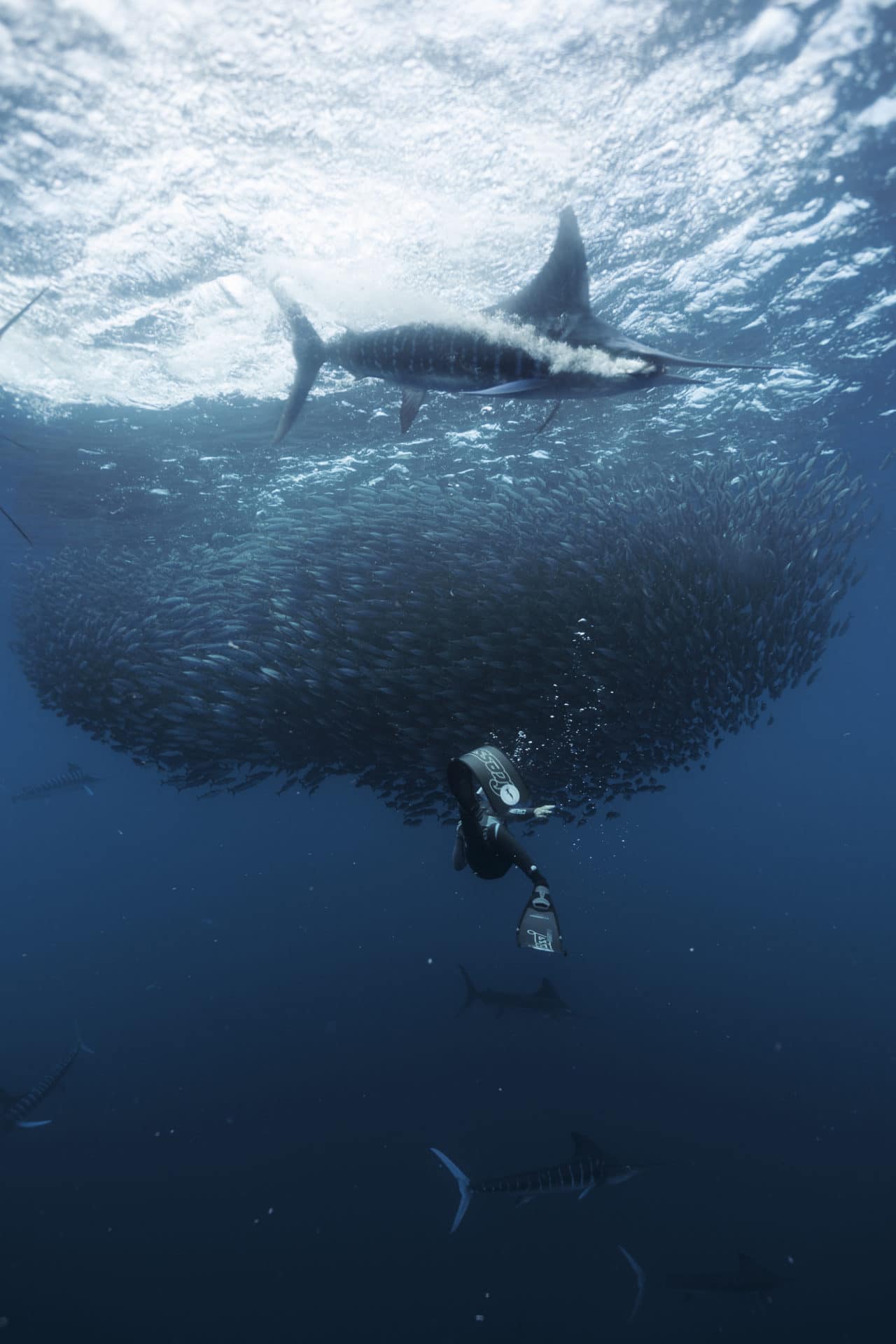
Photo: David Sarradell

